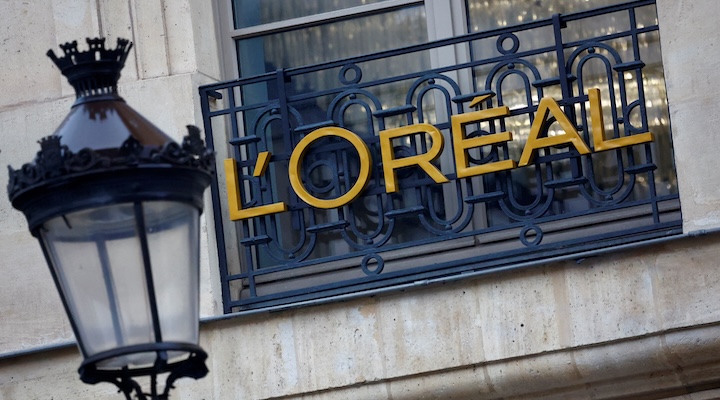L’Oreal reported a 9.4 per cent rise in first quarter sales on a like-for-like basis on Thursday, beating expectations and easing concerns about a slowdown in the two biggest beauty markets the United States and China.
The French cosmetics giant, which owns the Maybelline and Lancome brands, reported sales of 11.24 billion euros ($11.98 billion) for the first three months to the end of March.
The sales growth exceeded a consensus of a 6.1 per cent rise cited by analysts at Jefferies. Sales were up 8.3 per cent on a reported basis.
L’Oreal, the world’s biggest beauty company, said sales in both North America and Europe grew by more than 12 per cent, as its mass market range and dermatological products compensated for weakness in the luxury segment.
The West “continues to power on,” Jefferies analysts said following the results, adding North America had defied weakening scanner data and downbeat retailer commentary.
US retailer Ulta Beauty earlier this month rattled the market with comment about a faster-than-expected slowdown in the United States that hit shares across the sector.
Following Thursday’s results, L’Oreal’s American depositary receipts (ADRs) gained as much as 6.5 per cent in New York trading, while shares in US rivals Estee Lauder and Coty also rose.
Consumer products
L’Oreal said its consumer products division, which includes its L’Oreal Paris range of mascaras and Elseve hair gloss and accounts for more than a third of its revenues, grew 11.1 per cent on a like-for-like basis.
The company benefited from higher volumes as well as value in the unit, with strong demand in Europe and emerging markets.
The smaller but fast-growing dermatological beauty unit, which sells La Roche-Posay and CeraVe skincare, grew 21.9 per cent, as it continued to benefit from medical recommendations.
Sales in the luxury division that markets fragrances such as YSL’s Libre and Aesop products acquired last year, grew by 1.8 per cent, beating expectations for a decline, as strong growth in Europe and North America helped offset softness in North Asia.
North Asia suffered from an unfavourable comparison base in Travel Retail and sluggish market growth in mainland China, the company said.
Jefferies analysts said travel retail sales were also dented by a Chinese government crackdown on resellers of foreign consumer products, known as “daigou”.
L’Oreal has the biggest share of China’s luxury beauty market, or about 34 per cent, Chief Executive Nicolas Hieronimus told analysts on a call.
“We are unhappy about the fact that this market is not rebounding the way we expected it to rebound,” he said, but added that the company is still outperforming the market.
The company grew 6.2 per cent in China, compared to less than 1 per cent in the broader market, he said.
Shares in L’Oreal, Europe’s 6th most valuable listed company, with a market capitalisation of about 220 billion euro ($234.26 billion), have lost 6 per cent so far this year, compared to a 5 per cent fall at US peer Estee Lauder.
- Reporting by Dominique Patton and Mimosa Spencer; Editing by Susan Fenton and Barbara Lewis, of Reuters.






